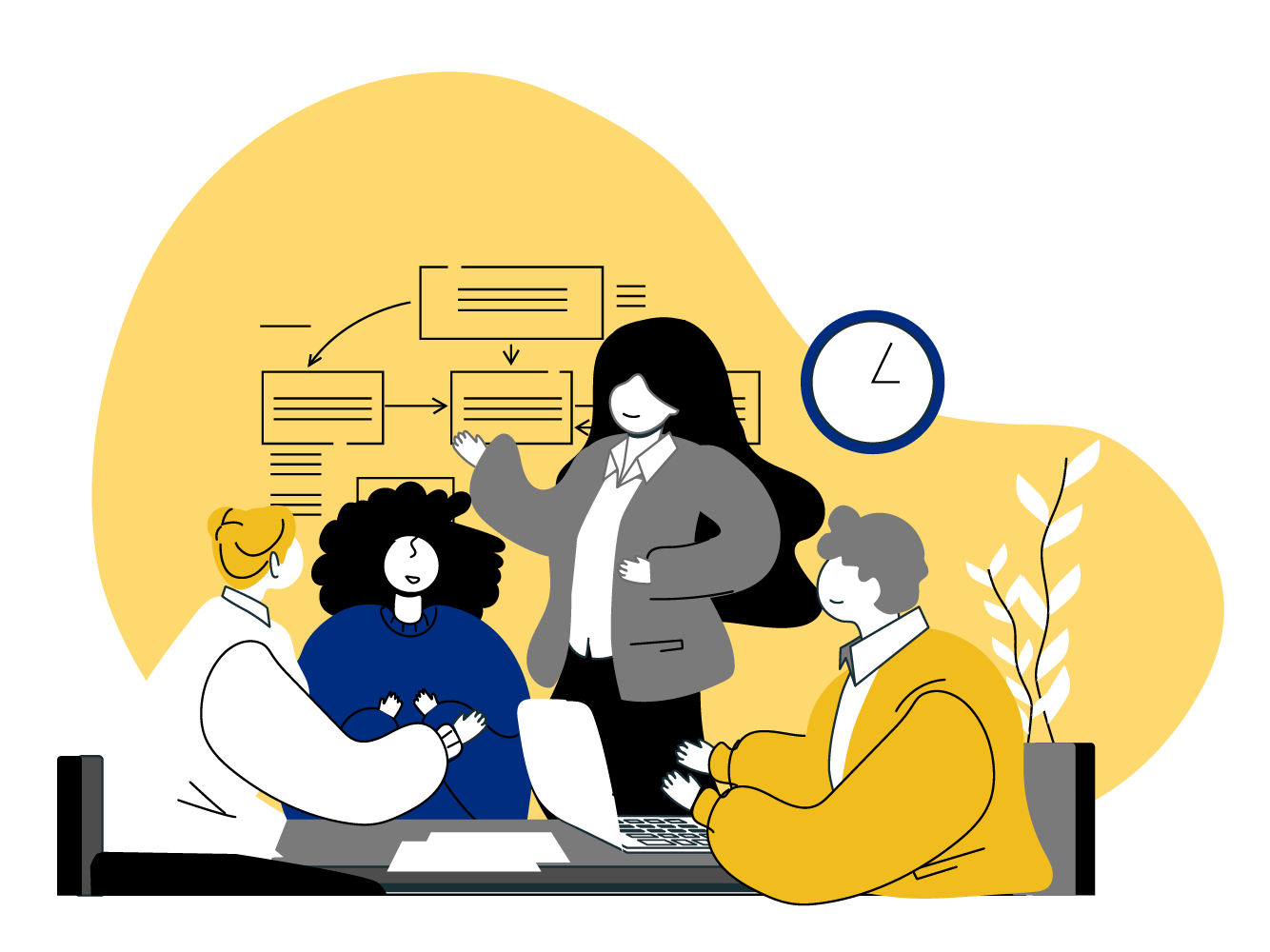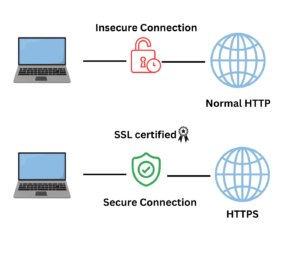A website is an essential ingredient to a sustainable online brand presence. At some point, every brand or content creator will find it necessary to have their own professional website that will give their audience and customer an alternative or even more convenient touchpoint.
On that note, what some would-be website owners overlook is that owning a piece of the internet is not a one-time commitment. It’s interminable, so long as the platform serves its purpose for you and your audience. Commonly, this is called website maintenance, or the process of keeping a website up-to-date and running smoothly.

What is Website Maintenance?
On balance, website maintenance points to the routine tasks and activities that website owners or a dedicated administrator will need to perform in order to ensure that the website is functioning optimally, secure and relevant.
When we say “optimal” this covers the entirety of the website: the front-end and the back-end. This can mean updating the software and plugins, as well as optimising images and codes in order to create a sound user experience.
On the other hand security refers to protocols and updates that are designed to combat malware and cyberattacks. This also includes backup and recovery, in case data is indeed compromised.
Finally, the website also needs to be updated to several current standards. For example, mobile responsiveness has to be regularly checked to ensure that pages are being loaded properly on mobile, where most of the internet traffic comes from.
How Do You Maintain Your Own Website?
There are plenty of routine activities that are accounted for website maintenance. Some of them can be automated using tools and software, while the rest need to be authored or supervised.
Also note that the frequency of maintenance tasks vary depending on the complexity or purpose of the website. Likewise, the list of tasks differ from one website to another.
What Refers to Regular Website Maintenance?
Tasks that help maintain and improve website performance, user experience, website security and content integrity are all part of general maintenance. For non-technical owners, this can be overwhelming at first, so we created a list below to outline some of these tasks in detail.
Plugin and Theme Updates
Websites can be hosted in different Content Management Systems (CMS). These CMS’s will often recommend plugins that can help the website owner manage common website maintenance tasks as well as content management.
While plugins may help automate or simplify tasks, these software also require a bit of management themselves. As such, the website administrator should prompt in updating plugins for compatibility and security purposes.
An outdated plugin can cause a website function, page or the website itself to perform poorly or even malfunction until the plugin is brought to the latest version.
Some plugins are present across different CMS’s while others may be exclusive to one content management system. The same can be said for themes, which is what most websites use as base for its design and appearance. Typically, themes will need to get updated when the theme creator or designer, or the CMS publishes an update that affects the theme’s active elements.

Security Updates
Security update is one regular maintenance task that should not be ignored or delayed. Thankfully, most CMS’s and hosting providers will notify you right away if a security update is required and why it’s necessary in the first place.
Security updates happen frequently, though it’s never really boxed into a pattern or a schedule. To not miss out on important updates, it’s recommended to keep your notifications open.
Data Backup and Recovery
Backing up your online data often automatically by a plugin or the hosting provider of your website. Often, this is something that you can set on schedule and prioritise.
In case your website’s been compromised, the recovery option will be available to you and will allow you to restore your website to the latest version that was saved.
Content Updates
Managing and updating content is also a key website maintenance task. In general, it’s important to review and update existing content for accuracy and relevance. This will help keep your website fresh and most useful to your audience.
User Management
If your website allows user registration, then checking and managing user accounts is another essential task that needs to be added to your checklist. Plugins can be used to block or remove bot and spam accounts, while other tasks may require moderation and administrator approval.
Update Dead Links and Errors
Updated broken links and website errors, in code and in text, are necessary for website maintenance and Search Engine Optimization (SEO). Therefore, it should be included in regular health checks.
Aside from the tasks we’ve listed above, testing your website’s performance is also integral to your website’s health.
In most cases, reviewing your website’s performance or checking for errors can be done by plugins or third-party service providers. On the other hand, you or your staff can also perform tests for accessibility, mobile responsiveness and site speed to name a few.
What Happens if You Don’t Maintain Your Website?
For the most part, lack of website maintenance will leave your website prone to cybersecurity threats. You will also see user experience and engagement decline over time. In addition, outdated content will also bring down the value of your website to the eyes of users and the algorithm used by search engines.
When these things pile up, you’re not just jeopardising the website itself, but also risking your brand reputation and the entirety of the following you’ve made through the platform.
If you are struggling to find time to keep your website up to date by yourself, you can hire a professional to set up a website maintenance plan. The good news is website maintenance costs tend to be very reasonable since a website maintenance package can be customised depending on your website’s unique requirements.

What is the Difference Between Website Hosting Service and Website Maintenance?
Website hosting is a service that you are inclined to pay for to store your website’s file and database to a secured platform. It involves allocating server space, providing necessary resources, and managing the technical aspects of server operation.
Most of the tasks around web hosting are automated and done by the service provider themselves. In turn, you are granted access to web hosting tools that will allow you to manage and customise your website and the service to an extent.
Website maintenance is more about the ongoing tasks and activities required to keep a website updated, secured and functional. By large, maintenance is focused on the user experience, website performance, content quality and security of the website.
Do I Need Someone to Manage My Website?
Yes! It’s generally advisable, especially for business owners to have a professional perform website maintenance on their behalf. This is mostly because website maintenance can get too technical and the process itself requires a lot of time and some specific resources to pull off effectively.
Of course, you can also manage your website at your own pace. Although it’s important to note, however, that some maintenance tasks and conflicts will often challenge your time and preparedness since they can pop up with little to no warning.
All things considered, your approach will depend on your understanding of website maintenance and the time and resources you can spare to accommodate it by yourself. If that becomes a challenge, then Web9 can offer professional assistance when it comes to regular website maintenance and optimisation of your website.
Web9 is a trusted service provider for website design and maintenance in Brisbane. Contact us for a complimentary audit of your website. We will be able to help with your digital needs like SEO, website design, content marketing and website maintenance.







